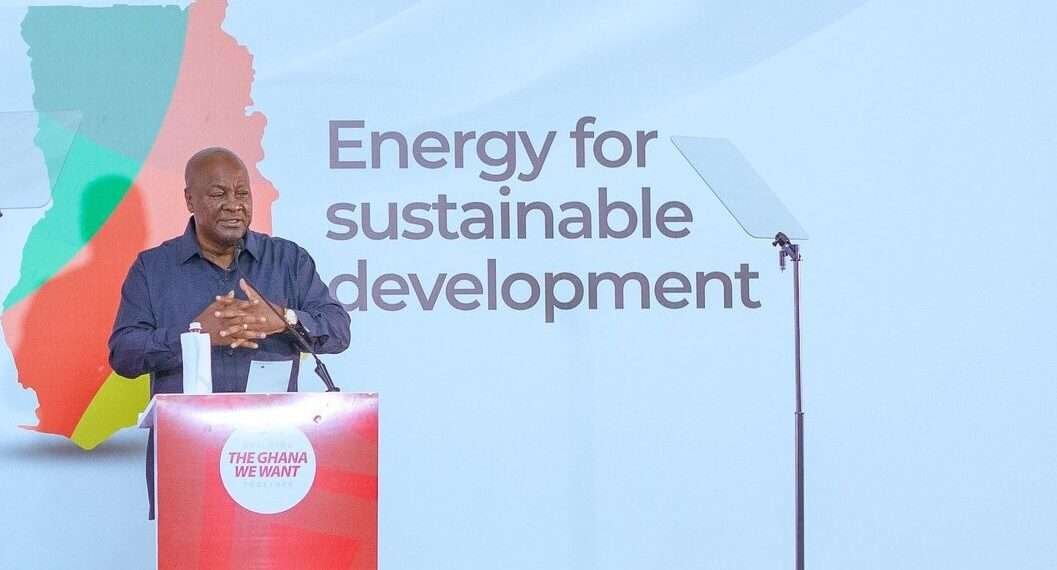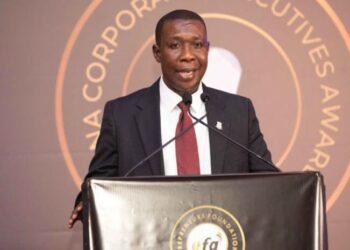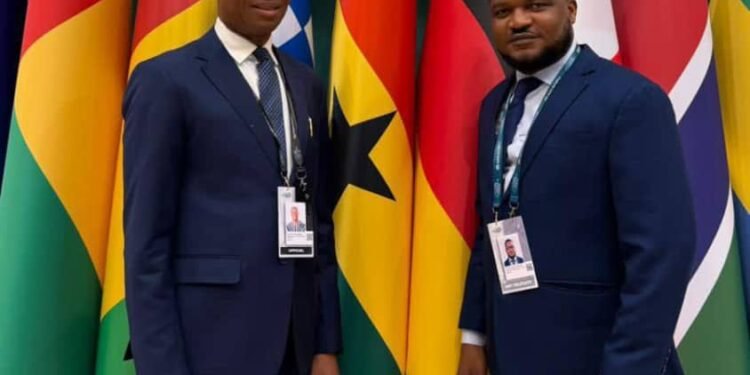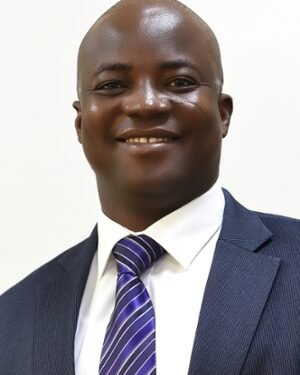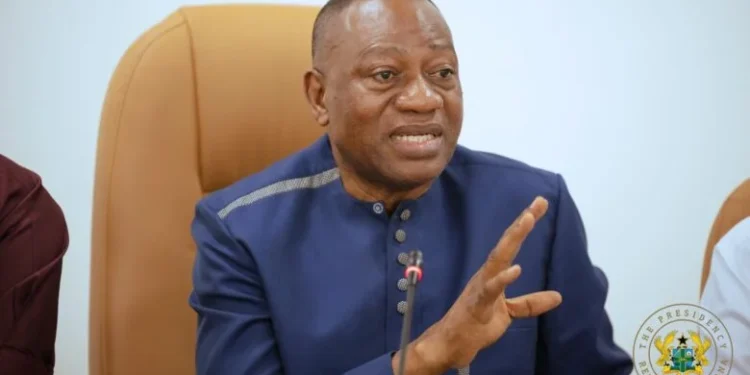The newly formed National Democratic Congress (NDC) government has convened an urgent meeting with key stakeholders in Ghana’s energy sector to address the country’s impending power crisis.
The meeting, chaired by the Chief of Staff and attended by power generation companies, aims to develop a comprehensive roadmap to stabilize electricity supply and avert widespread load shedding.
Felix Kwakye Ofosu, Special Aide to President John Dramani Mahama and Member of Parliament for Abura Asebu-Kwamankese, briefed the press after the Wednesday meeting.
“A technical committee has been set up with representatives from all key players in the management of Ghana’s energy sector.
“They have until the end of today [Wednesday, January 8] to present the roadmap to the government, outlining what needs to be done and how it can be done.”
Felix Kwakye Ofosu, Special Aide to President John Dramani Mahama
He assured the public of the government’s commitment to resolving the issue, emphasizing that the President views the situation as a matter of national priority.
The meeting brought together critical entities, including the Ghana Grid Company (GRIDCo), West African Gas Pipeline Company (WAPCo), Volta River Authority (VRA), Ghana National Petroleum Corporation (GNPC), Bulk Oil Storage and Transportation (BOST), and other major players.
John Abdulai Jinapor, Member of Parliament for Yapei-Kusawgu and former Deputy Energy Minister also revealed that extensive technical analyses had been conducted prior to the meeting. These evaluations provided actionable solutions, which were thoroughly discussed.
“Last night, we conducted a lot of technical work and have put several options on the table. His Excellency will be briefed, and I’m confident he will provide instructions to the Chief of Staff.”
John Abdulai Jinapor, former Deputy Energy Minister
The new government faces an uphill task in securing the necessary resources to stabilize the energy sector. Jinapor disclosed that an estimated $89.90 million is urgently required to procure liquid fuel in the absence of natural gas.
“The issue is that even if the fuel arrives now, it will still need to be treated. This means the timeline for relief may extend, even with immediate action.”
John Abdulai Jinapor, former Deputy Energy Minister
The financial burden, combined with logistical constraints, poses a formidable challenge to the new administration. However, President Mahama has assured the nation of his commitment to finding swift and sustainable solutions.
President Mahama’s Leadership and Vision

President Mahama instructed the Chief of Staff to spearhead efforts to address the crisis. His proactive engagement underscores his determination to prevent the recurrence of the debilitating power outages that plagued the country in previous years.
Felix Kwakye Ofosu reiterated the President’s resolve: “You can rest assured that the government is taking the matter seriously, and we will take the necessary actions to prevent any difficulties for the people of Ghana.”
The technical committee’s roadmap is expected to outline immediate measures to replenish fuel supplies, optimize power generation, and mitigate the impact of the crisis on households and businesses.
The government has pledged transparency and regular updates on the progress of its interventions. Stakeholders have also been urged to collaborate closely to ensure the successful implementation of the proposed solutions.
Despite the challenges, the new administration remains optimistic about restoring stability to Ghana’s energy sector. With the technical committee’s recommendations expected soon, the nation looks forward to decisive action to avert the looming crisis.
Ghana’s energy sector faces one of its most significant challenges in recent years, but the swift response by the NDC government reflects its commitment to addressing the crisis. As the technical committee finalizes its recommendations, Ghanaians hope for prompt and effective measures to “keep the lights on.”
The road ahead is steep, but with strong leadership and stakeholder collaboration, Ghana can overcome this energy crisis and lay the groundwork for a more resilient energy future.
READ ALSO: Cudjoe Urges Politicians to Embrace Constructive Criticism

